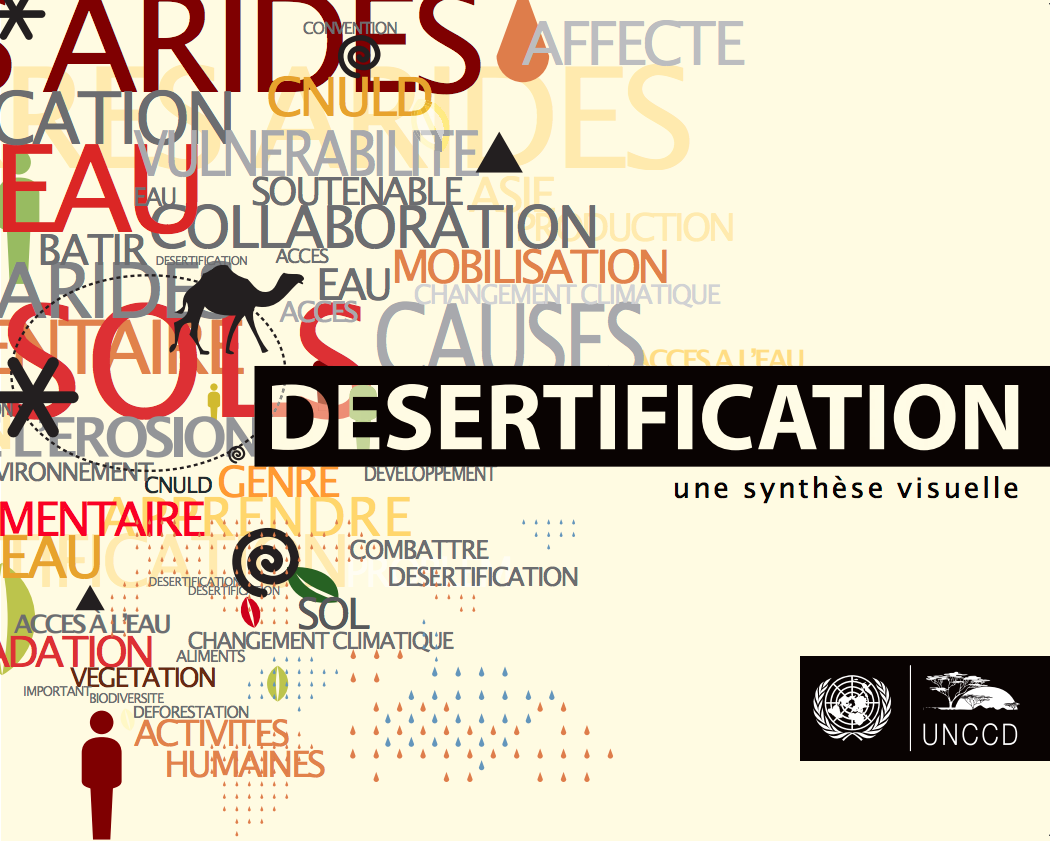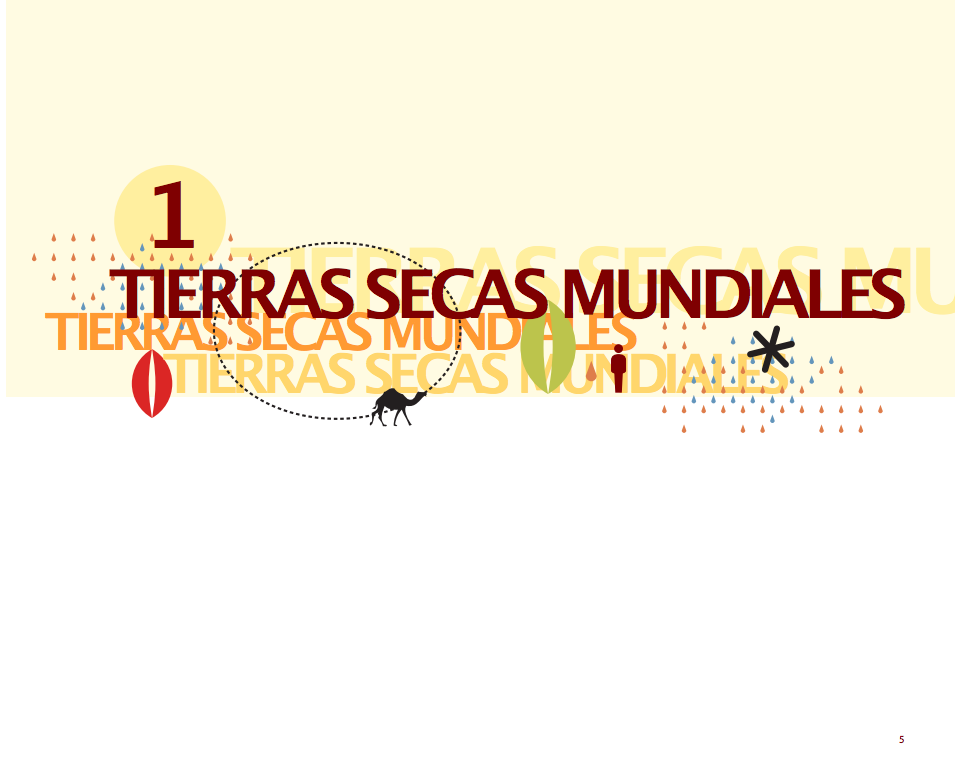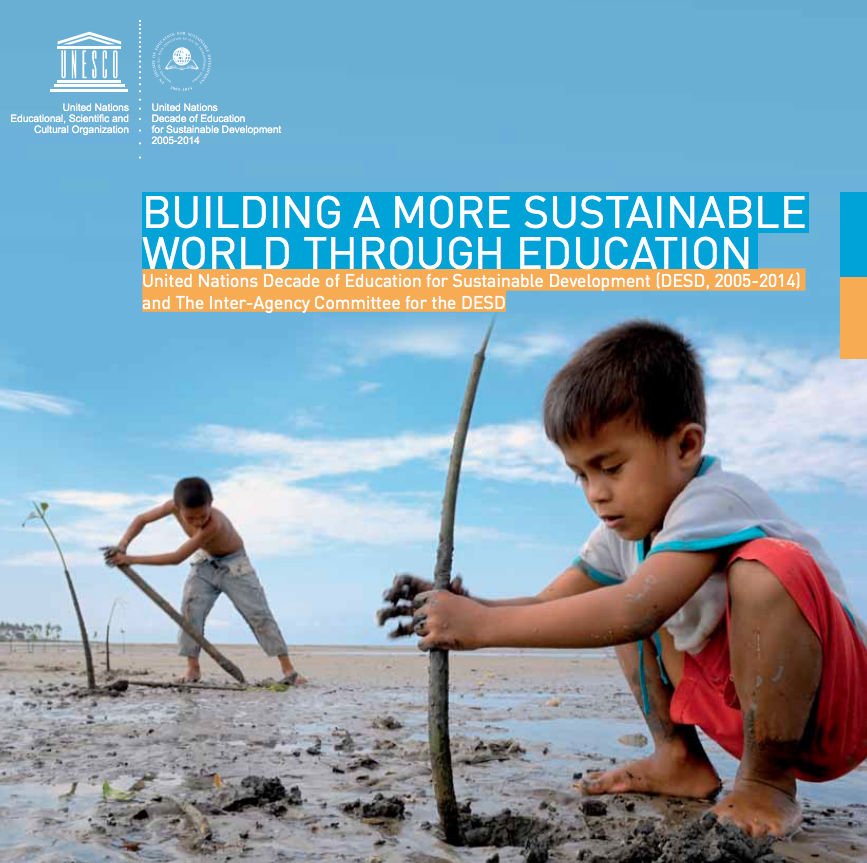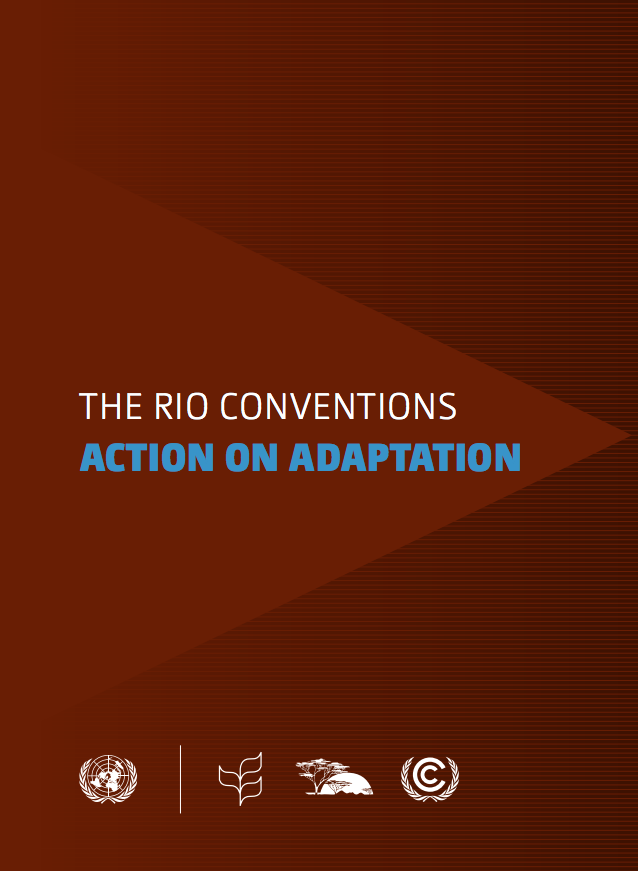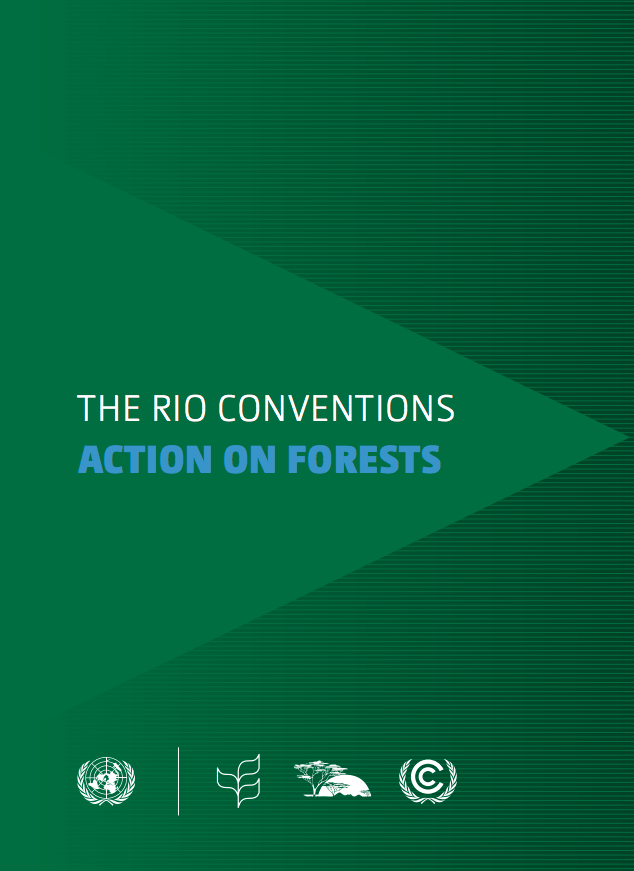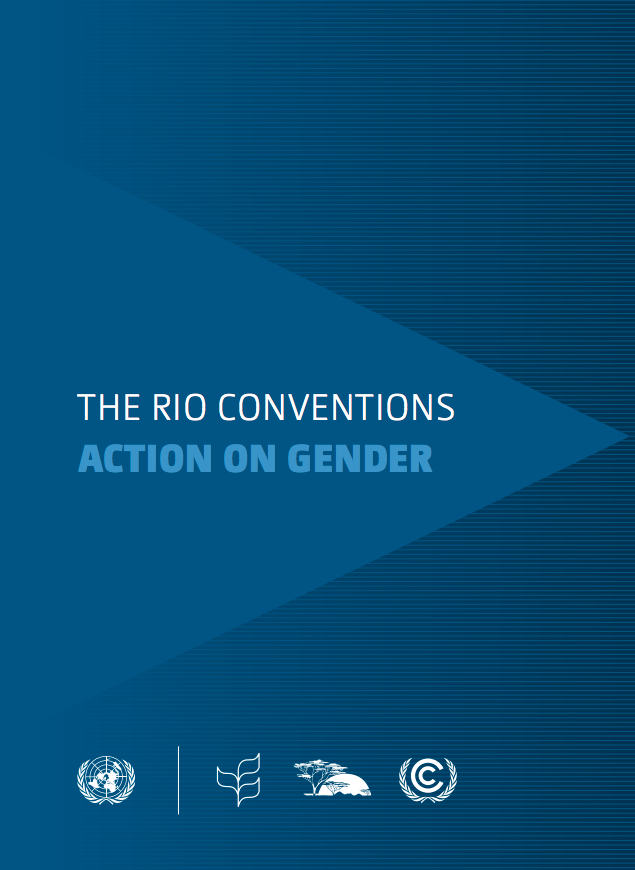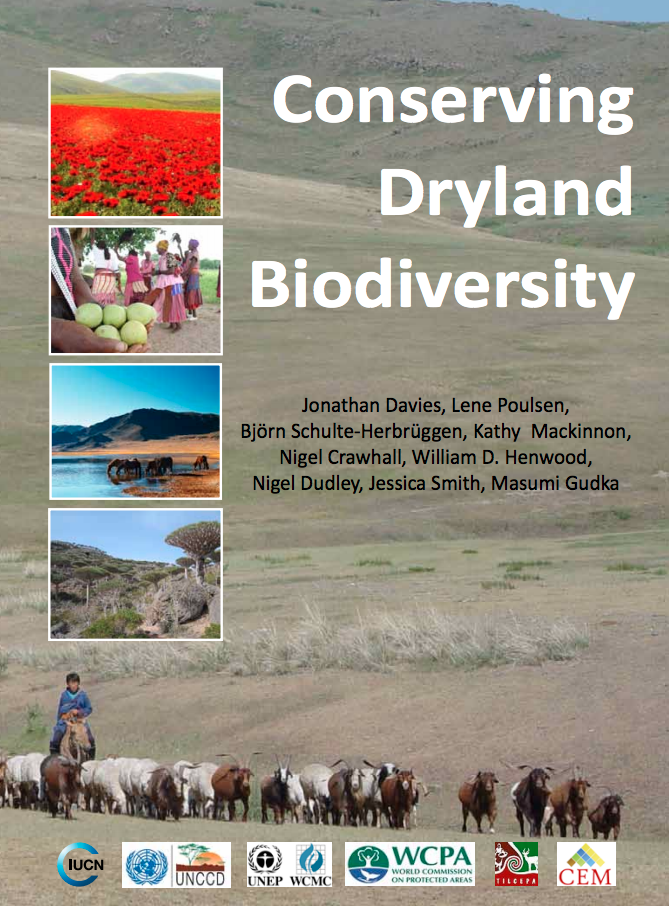Ce livre constitue un ensemble d’informations de base sur la désertification, la dégradation des terres et la sécheresse à l’échelle mondiale, accompagnées d’une série de graphiques. Celui-ci présente les évolutions ayant eu lieu au cours des dernières décennies, en associant les questions et…
Ce livre constitue un ensemble d’informations de base sur la désertification, la dégradation des terres et la sécheresse à l’échelle mondiale, accompagnées d’une série de graphiques. Celui-ci présente les évolutions ayant eu lieu au cours des dernières décennies, en associant les questions et…
Este libro tiene como objetivo ser un manual informativo en el que se cuenta “la historia” de la desertificación, la degradación de las tierras y la sequía a escala global acompañado por una completa serie de gráficos. Este libro muestra tendencias que han tenido lugar a lo largo de las últimas…
Este libro tiene como objetivo ser un manual informativo en el que se cuenta “la historia” de la desertificación, la degradación de las tierras y la sequía a escala global acompañado por una completa serie de gráficos. Este libro muestra tendencias que han tenido lugar a lo largo de las últimas…
We can no longer turn a blind eye to urgent sustainable development challenges such as climate change, the food crisis, disappearing biodiversity and the depletion of natural resources. A way to rise to these challenges is through Education for Sustainable Development (ESD). ESD is a dynamic…
ResourceContracts.org is a repository of publicly available oil, gas, and mining contracts in machine-readable, searchable, open data format. ResourceContracts.org promotes greater transparency of investments in the extractive industries, and facilitates a better understanding of the contracts…
The earth’s climate is changing at a rate unprecedented in recent human history and will continue to do so for the foreseeable future. The impacts and risks associated with this are global, geographically diverse and increasingly being felt across a range of systems and sectors essential for…
<strong>The importance of forests in climate change, biodiversity and desertification/land degradation </strong>
Forests cover approximately 30 per cent of the Earth’s land surface and provide important ecosystem goods and services, including food, fodder, water, shelter,…
The year 2012 marks the twentieth anniversary of the Rio Earth Summit, which resulted in the establishment of the three Rio Conventions: the Convention on Biological Diversity (CBD), the United Nations Convention to Combat Desertification (UNCCD ) and the United Nations Framework Convention on…
Dryland biodiversity is of tremendous global importance, being central to the well-being and development of millions of people in developing countries. In June 2012, at the UN Conference on Sustainable Development (or “Rio+20”), global leaders from governments and civil society reaffirmed the…
Dryland biodiversity is of tremendous global importance, being central to the well-being and development of millions of people in developing countries. In June 2012, at the UN Conference on Sustainable Development (or “Rio+20”), global leaders from governments and civil society reaffirmed the…
Tackling the issue of land and resource tenure is one of the prerequisites for mechanisms such as REDD+ to have positive impacts not only on reducing emissions from the forestry sector but also in reducing poverty and achieving food security. These new guidelines by the Committee on World Food…

